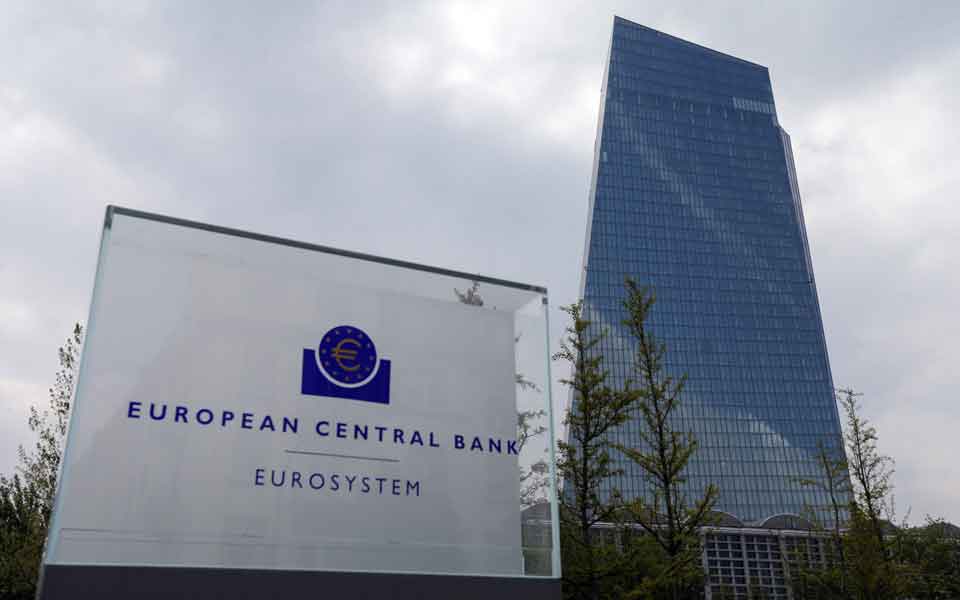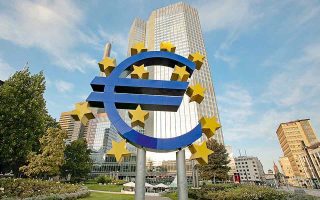Japanification of bond market?

Since the European Central Bank launched its first quantitative easing program in 2015, a common topic among fund managers and in rating agency reports was the risk of the Japanification of the European bond market; that is the prospect of one of the biggest bond markets in the world shrinking constantly, with investors having ever decreasing options for purchases and opportunities for profits due to the main buyer, the ECB.
Ioannis Sokos, director for Fixed Income Research at Deutsche Bank, says: “My answer to all these concerns has always been the same: What would have happened if the ECB was not the dominant buyer of the European government bonds market? In the absence of ECB QE I think that eurozone breakup risk would have been much more significant than it was in the aftermath of the EU debt crisis. Hence, although this is fair and accurate criticism as liquidity is indeed impaired, one has to weigh the pros and cons of ECB QE, and I personally think that the pros clearly outweigh the cons.”
Speaking to Kathimerini, he adds that “squeezing out investors is part of any QE’s mandate, central banks like to refer to this pattern as the portfolio rebalancing effect. It surely has side effects, not only in terms of eroding the liquidity and ‘price discovery’ in the sovereign bond market, but also the profitability of the banking system,” he notes.
“Allow me to say that 2020 might have been an exception, as maybe for the first time since the launch of ECB QE, ECB asset purchases coincided with substantial fiscal stimulus across countries that led to a record high supply of sovereign bonds and T-bills.”
Nicola Mai, portfolio manager and sovereign credit analyst at Pimco, tells Kathimerini he is not concerned about the ECB crowding out investors in Europe. “On the contrary, the stabilization function of its asset purchase program should crowd investors in.
“Also, the lesser the amount of bond supply available in the market after ECB purchases, and the fact that investors need to have duration in their portfolios, means that European bonds should remain in demand,” he adds.
A major French bank’s asset manager agrees that the bond purchase by the ECB has not deterred investors from investing in bonds. “If you look back at 2020 and the sovereign and SSA [sovereigns, supranationals and agencies] issuances we have seen record book sizes with issuances coming at low new issue premium.
He adds “without any doubt the ECB is maintaining a yield curve control in Europe. What does it mean though, it takes off the tail risk and reduce the default risk to EGBs as long as 40% of the debt is with ECB and national central banks. That is then actually bringing back lots of investors to the party.”





